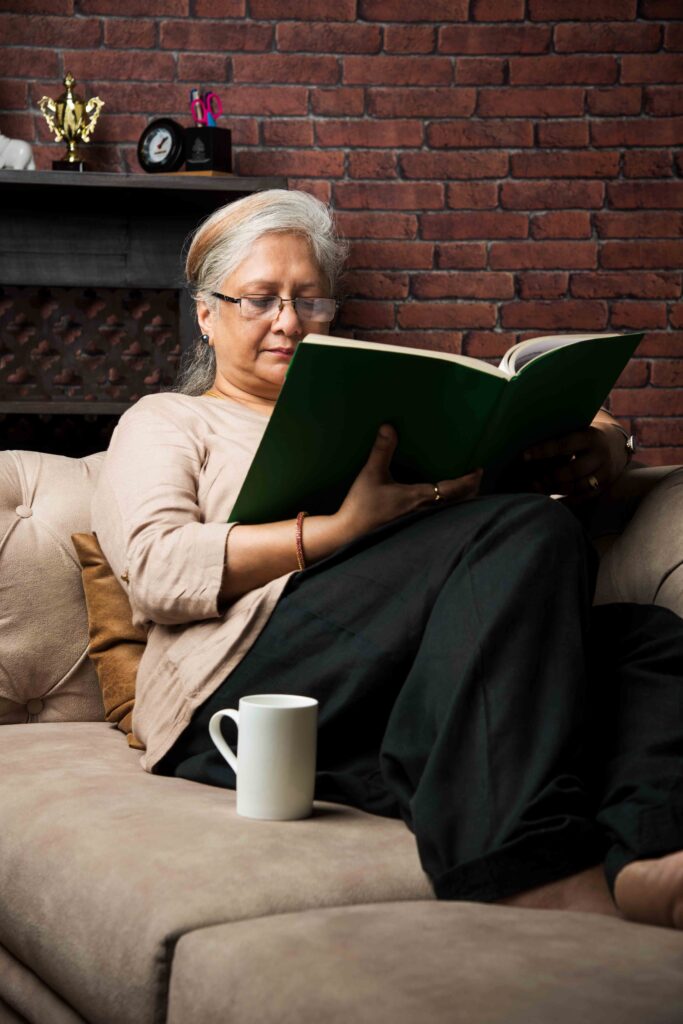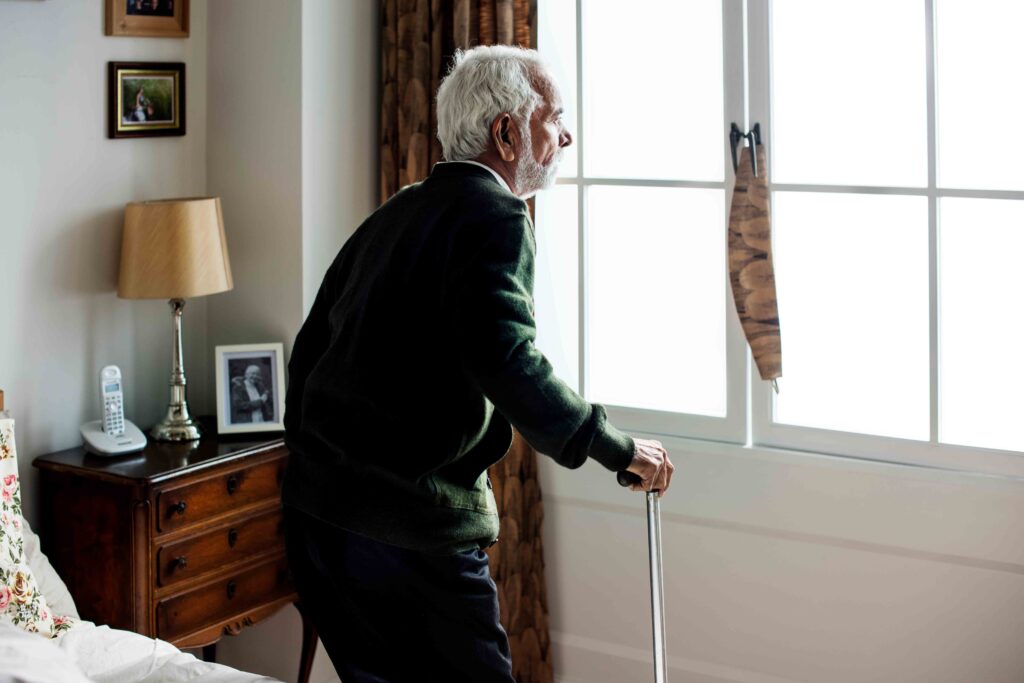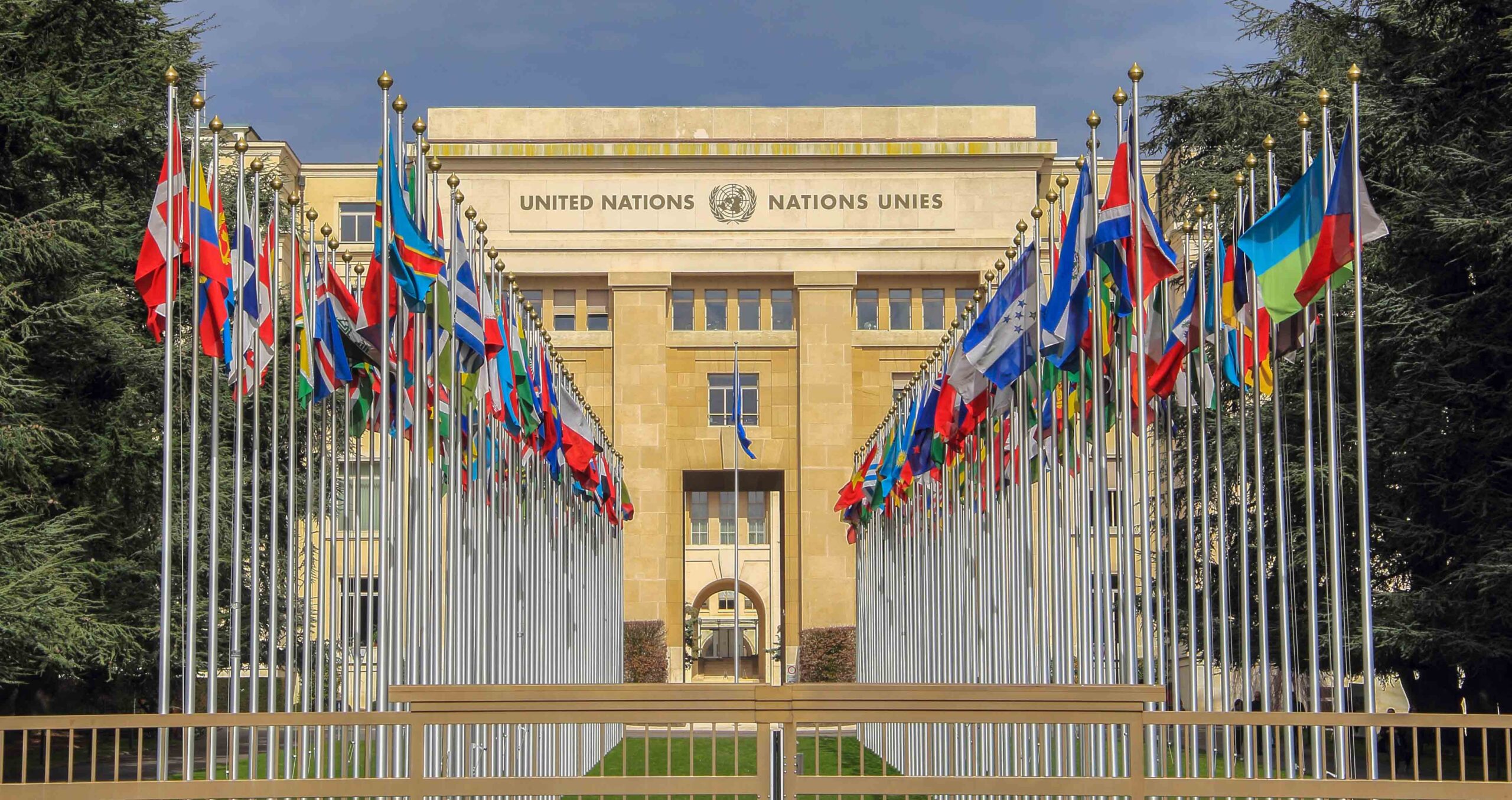The United Nations Principles for Older Persons are based on fundamental human rights and provide specific opportunities for seniors to contribute to society, writes Sonavi Kher Desai
International human rights law lays down certain obligations that States are bound to respect. By becoming parties to international treaties, States assume obligations and duties under international law to respect, to protect and to fulfill human rights. States are obliged to protect individuals and groups, which include the elderly, against the abuse of their human rights. States are required to take positive action to facilitate the enjoyment of basic human rights.
The United Nations General Assembly adopted the United Nations Principles for Older Persons by a resolution dated 16 December 1991. The resolution encourages governments to incorporate some principles into their national programs whenever possible. These principles are based on fundamental human rights, on the equality of men and women, and of nations, and on the dignity of life. They also take into account the fact that the number of elderly persons across the world is rapidly increasing with access to advanced medical research and better healthcare facilities. Therefore, the elderly who are capable, need to be provided with opportunities to contribute to society in the later stages of their lives and to be guaranteed an environment that allows them to live with dignity.

Independence
- Older persons should have access to adequate food, water, shelter, clothing, and health care through the provision of income, family and community support and self-help.
- Older persons should have the opportunity to work or to have access to other income-generating opportunities.
- Older persons should be able to participate in determining when and at what pace withdrawal from the labor force takes place.
- Older persons should have access to appropriate educational and training programs.
- Older persons should be able to live in environments that are safe and adaptable to personal preferences and changing capacities.
- Older persons should be able to reside at home for as long as possible.
Participation
- Older persons should remain integrated in society, participate actively in the formulation and implementation of policies that directly affect their well-being and share their knowledge and skills with younger generations.
- Older persons should be able to seek and develop opportunities for service to the community and to serve as volunteers in positions appropriate to their interests and capabilities.
- Older persons should be able to form movements or associations of older persons.
Care
- Older persons should benefit from family and community care and protection in accordance with each society’s system of cultural values.
- Older persons should have access to health care to help them to maintain or regain the optimum level of physical, mental and emotional well-being and to prevent or delay the onset of illness.
- Older persons should have access to social and legal services to enhance their autonomy, protection and care.
- Older persons should be able to utilize appropriate levels of institutional care providing protection, rehabilitation and social and mental stimulation in a humane and secure environment.
- Older persons should be able to enjoy human rights and fundamental freedoms when residing in any shelter, care or treatment facility, including full respect for their dignity, beliefs, needs and privacy and for the right to make decisions about their care and the quality of their lives.
Self-fulfillment
- Older persons should be able to pursue opportunities for the full development of their potential.
- Older persons should have access to the educational, cultural, spiritual and recreational resources of society.

Older persons should be able to enjoy human rights and fundamental freedoms when residing in any shelter
Dignity
- Older persons should be able to live in dignity and security and be free of exploitation and physical or mental abuse.
18. Older persons should be treated fairly regardless of age, gender, racial or ethnic background, disability or other status, and be valued independently of their economic contribution.








